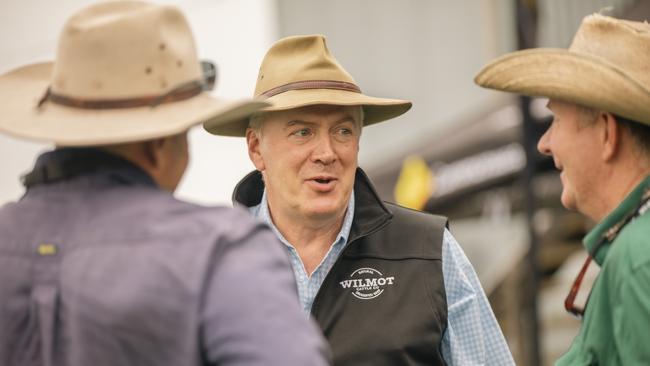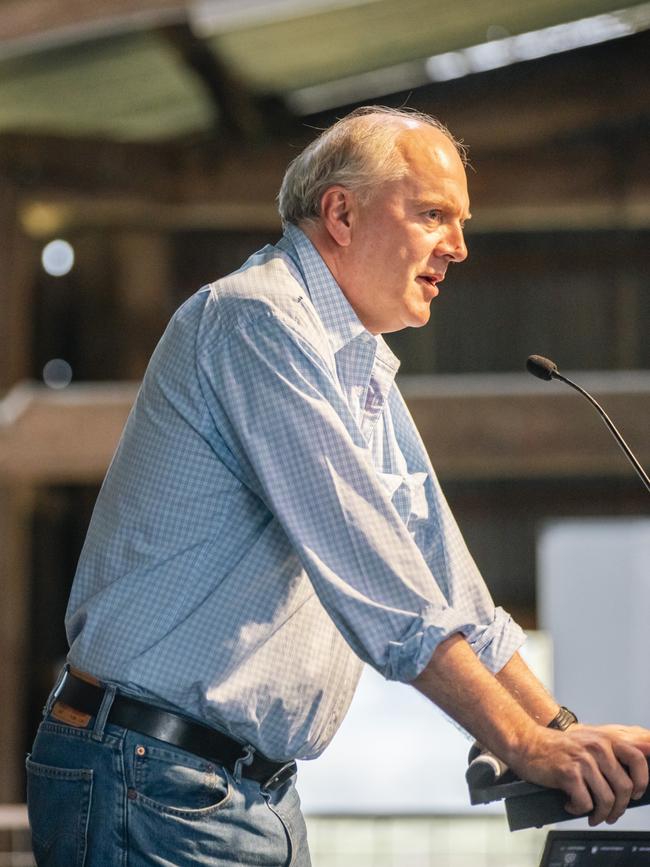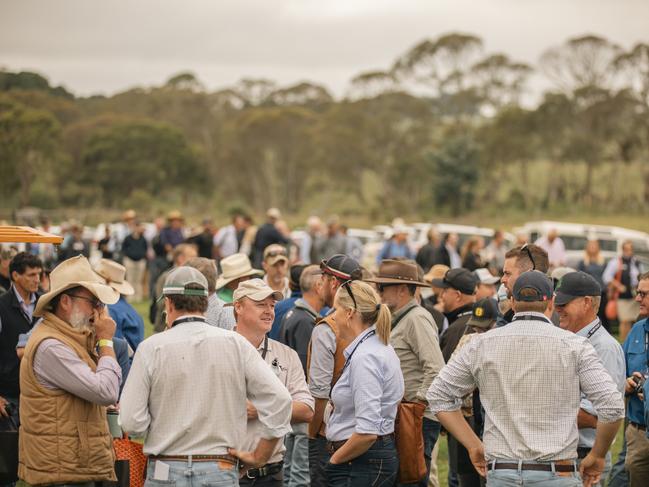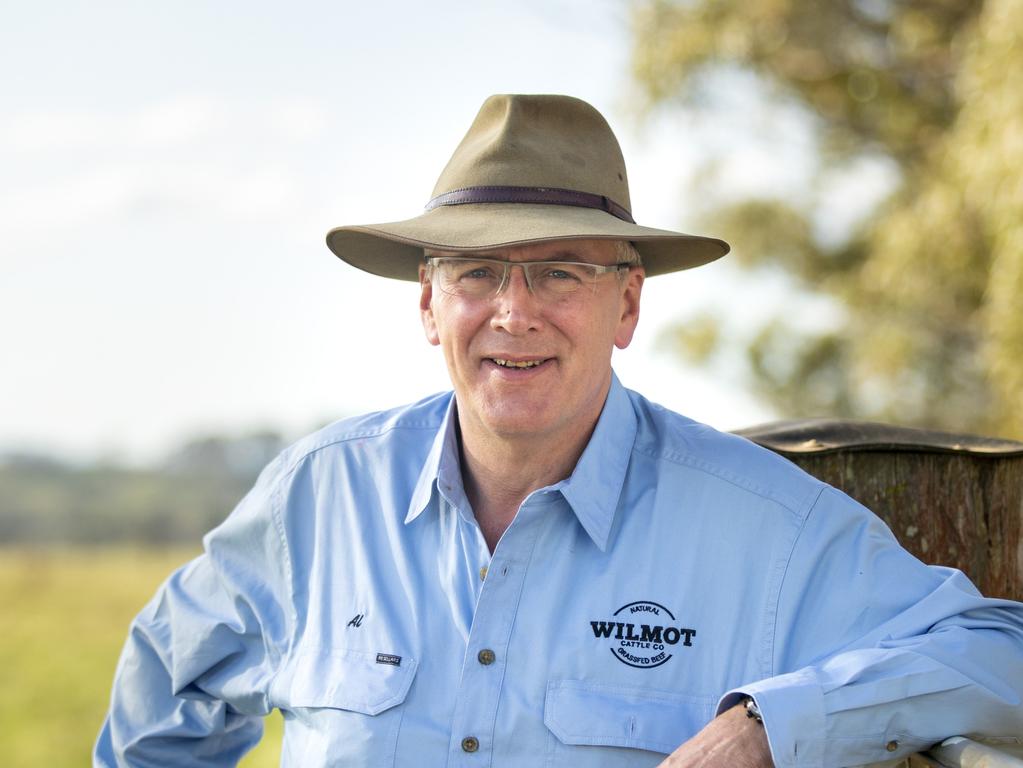Carbon change coming, sustainable farming pioneer warns
Climate change policies have led to tractor blockades of European cities. A carbon farming pioneer says it doesn’t have to be the same in Australia.

A carbon farming pioneer believes Australian agriculture will come under increased scrutiny from the federal government over carbon emissions but says the industry is well-placed to lead the nation’s decarbonisation efforts.
Macdoch Ag Group executive chair Alasdair MacLeod said heavy-handed policies such as those that whipped up tractor blockades in Europe were unlikely in Australia but warned that the government would tailor policies to increase lower emissions agriculture.
In an address at the Wilmot Cattle Co Field Day on Wednesday, Mr MacLeod advised farmers that it was futile to try to resist policy changes coming their way, particularly after the COP28 UN Climate Change Conference declarations in December that committed more than 150 countries, including Australia, to include food and agriculture in their climate action plans.

“This will have a profound effect on our industry over the coming years,” Mr MacLeod said. “Because even though our federal Agriculture Minister (Murray Watt) has recently indicated the government will not set any binding targets for the reduction in ag emissions, we can expect these to come under increasing scrutiny in coming years.”
He said the livestock sector in particular needed to reduce carbon emissions and to have the data and evidence to prove it.
“The good news is that there is now a lot of work, money and resources going into solving the livestock emissions question, whether that is in the form of feed additives, rumen biome interventions, genetics or some other mechanism for making the process of turning carbohydrate into protein more efficient and minimising methane waste,” Mr MacLeod said.
It comes as the government moves to include environmental sustainability in the national dietary guidelines.
Mr MacLeod, formerly the publisher of The Australian and The Daily Telegraph, has been a trailblazer in the regenerative agriculture movement which seeks to simultaneously improve sustainability and productivity.
His farms and projects funded by Macdoch’s private investment arm are distinguished by soil carbon schemes that involve improving grazing practices to sequester carbon dioxide from the atmosphere into the soil in order to obtain carbon credits.
In 2021, Wilmot sold $500,000 worth of soil carbon credits to Microsoft.

Mr Macleod said the deal was an example of how agriculture can help other sectors as they try to reach net zero carbon emissions.
“There is no way Australia is going to hit its net zero commitments just by lowering Emissions,” Mr MacLeod said.
“But let’s be clear, it is not the job of farmers to bail out the rest of the economy who will struggle to meet their emissions commitments.
“But farmers are good at taking market opportunities and I believe this is an opportunity.
“Soil carbon sequestration could be a very significant contributor to this shortfall.”
Mr MacLeod said attaining carbon credits through carbon sequestration in the soil did not have to come at the expense of farming but should actually improve productivity.








To join the conversation, please log in. Don't have an account? Register
Join the conversation, you are commenting as Logout